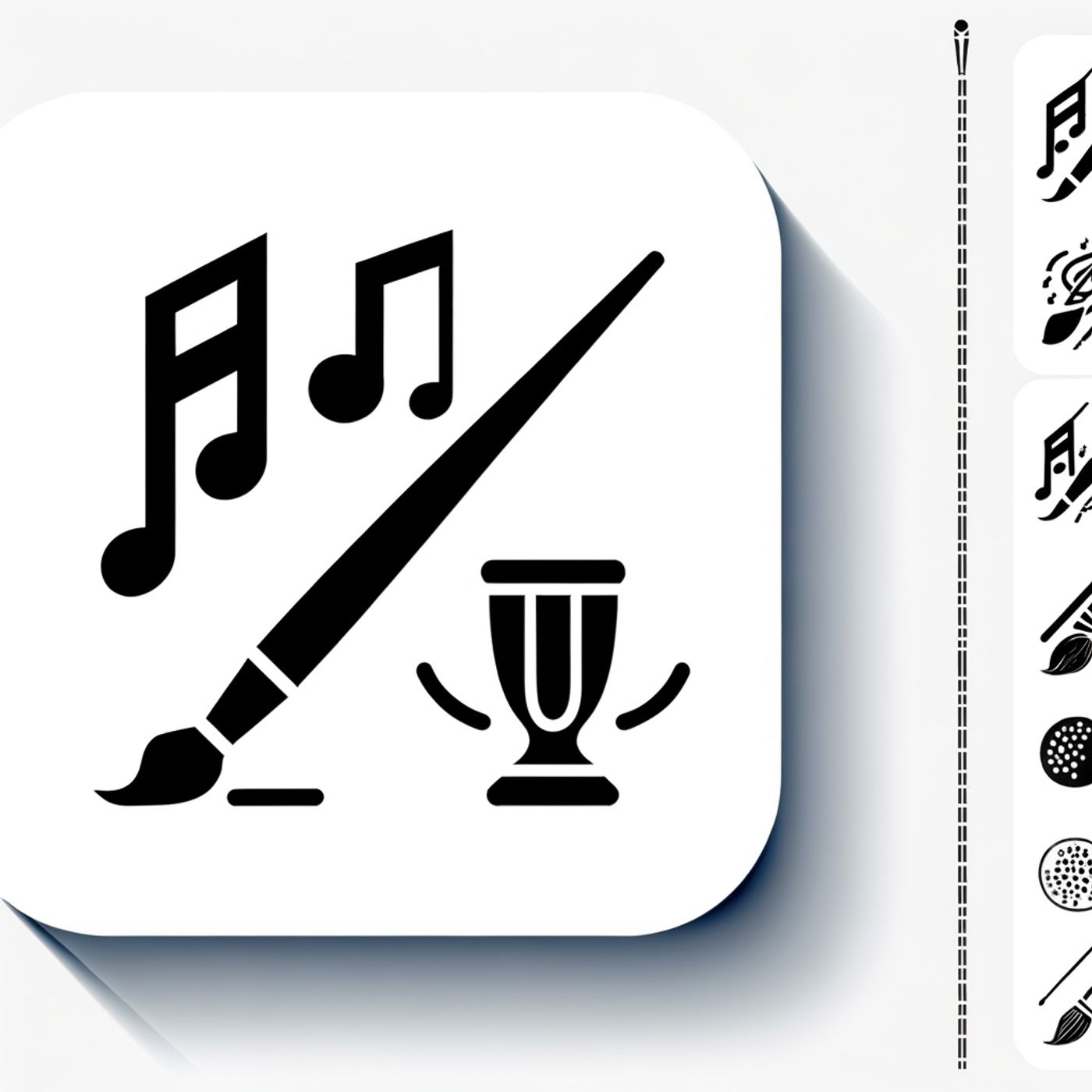Episode Details
Back to Episodes
Practice Makes Better: The Science Behind Skill Mastery and Continuous Improvement
Published 3 months, 4 weeks ago
Description
Practice makes perfect is a phrase we’ve all heard, yet its truth runs deeper than a simple motivational slogan. According to new research highlighted by Earth.com, repeated practice leads to lasting improvements in memory and skill by physically changing neural pathways in the brain. When individuals like concert violinists or Olympic athletes were studied, scientists found that persistent repetition transformed unstable memories into solid long-term skills, explaining why mastery seems to follow hours of focused training.
Yet, as Rice University’s psychology research points out, practice alone doesn’t guarantee perfection. Many people train intensely but never reach true expertise, because other factors—like quality of instruction, feedback, and even genetics—play crucial roles. However, there is nearly universal agreement that practice will always make you better at a task, even if it doesn’t make you flawless.
Listeners who’ve admired people at the top of their craft—whether Serena Williams or Yo-Yo Ma—might be surprised by their secrets. These masters frequently describe not just repetition, but what psychologist Anders Ericsson called deliberate practice: breaking skills into parts, focusing on weaknesses, and gradually increasing difficulty. For example, professional musicians often isolate difficult passages, slow them down, and repeat them until they’re second nature, while athletes target precise areas for improvement before returning to the full game.
For those struggling to keep making progress, science and coaches alike recommend several strategies. According to Bandon Strength and Conditioning, progressive overload—where you steadily increase difficulty—can help overcome plateaus in fitness, learning, or music. Habit stacking, described in Hyperstellar’s Shapes of Things column, makes it easier to fit short skill drills into everyday routines, keeping practice consistent even during busy times.
But relentless practice isn’t without risks. Studies and recent news have highlighted the rise of burnout and mental fatigue, especially among young prodigies pushed too hard. It’s essential to balance practice with rest, reflection, and activities that reignite motivation—sometimes, the best breakthroughs come after stepping away for a moment.
So, whether learning guitar or training for a marathon, embrace incremental improvement. Celebrate small wins, personalize your routine, and remember: Practice might not make perfect, but it’s the surest path to getting better, one step at a time.
This content was created in partnership and with the help of Artificial Intelligence AI
Yet, as Rice University’s psychology research points out, practice alone doesn’t guarantee perfection. Many people train intensely but never reach true expertise, because other factors—like quality of instruction, feedback, and even genetics—play crucial roles. However, there is nearly universal agreement that practice will always make you better at a task, even if it doesn’t make you flawless.
Listeners who’ve admired people at the top of their craft—whether Serena Williams or Yo-Yo Ma—might be surprised by their secrets. These masters frequently describe not just repetition, but what psychologist Anders Ericsson called deliberate practice: breaking skills into parts, focusing on weaknesses, and gradually increasing difficulty. For example, professional musicians often isolate difficult passages, slow them down, and repeat them until they’re second nature, while athletes target precise areas for improvement before returning to the full game.
For those struggling to keep making progress, science and coaches alike recommend several strategies. According to Bandon Strength and Conditioning, progressive overload—where you steadily increase difficulty—can help overcome plateaus in fitness, learning, or music. Habit stacking, described in Hyperstellar’s Shapes of Things column, makes it easier to fit short skill drills into everyday routines, keeping practice consistent even during busy times.
But relentless practice isn’t without risks. Studies and recent news have highlighted the rise of burnout and mental fatigue, especially among young prodigies pushed too hard. It’s essential to balance practice with rest, reflection, and activities that reignite motivation—sometimes, the best breakthroughs come after stepping away for a moment.
So, whether learning guitar or training for a marathon, embrace incremental improvement. Celebrate small wins, personalize your routine, and remember: Practice might not make perfect, but it’s the surest path to getting better, one step at a time.
This content was created in partnership and with the help of Artificial Intelligence AI